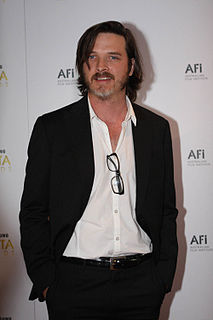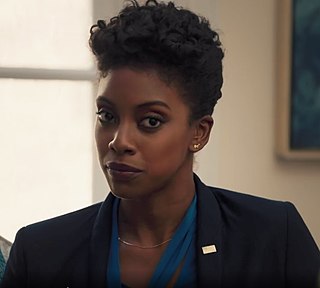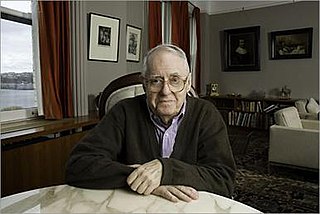A Quote by Aden Young
As an actor, often you're stuck with these scenes in which a great period of time is in between them - for example, if you do a biopic, it might be a year, it might be a decade, you never know.
Related Quotes
Sure, you can choose the safety and predictability of the cage, forfeiting the adventure God has destined for you. But you won't be the only one missing out or losing out. When you lack the courage to chase the Wild Goose, the opportunity costs are staggering. Who might not hear about the love of God if you don't seize the opportunity to tell them? Who might be stuck in poverty, stuck in ignorance, stuck in pain if you're not there to help free them? Where might the advance of God's kingdom in the world stall out because you weren't there on the front lines?
[Young] was afterwards accustomed to say, that at no period of his life was he particularly fond of repeating experiments, or even of very frequently attempting to originate new ones; considering that, however necessary to the advancement of science, they demanded a great sacrifice of time, and that when the fact was once established, that time was better employed in considering the purposes to which it might be applied, or the principles which it might tend to elucidate.
My reason for fixing them in office for a term of years, rather than for life, was that they might have an idea that they were at a certain period to return into the mass of the people and become the governed instead of the governors which might still keep alive that regard to the public good that otherwise they might perhaps be induced by their independence to forget.
I've never had a stupid student in my life. I never look down on my students. I never thought, "Look at these people." I might argue with them and I think that some of them might have misconceptions - that they might be infected by the intellectual laziness that is the foundation of American popular culture, and of capitalism, if you wish. But part of my job as a teacher is to work with that - against that.
It is not strange that some of our revoltes preach trial marriage: for the only safe way to marry them at all would be on trial. Until you had definitely experienced all the human situations with them, you would have no means of knowing how, in any given situation, they would behave. They might conform about evening-dress, and throw plates between courses; they might be charming to your friends, and ask the waiter to sit down and finish dinner with you. Or they might in all things, little and big, be irreproachable. The point is that you would never know.
We all know of people who thought they could to it (whatever “it” is) tomorrow. We have all procrastinated on such a way, and often to our personal regret. It happens time and again, putting off things that we convince ourselves might be better, more meaningful, more appropriate for another time. So often that better time either never comes or really isn’t better or more appropriate after all. And then, sadly, the window of opportunity -to do something great- closes.




































